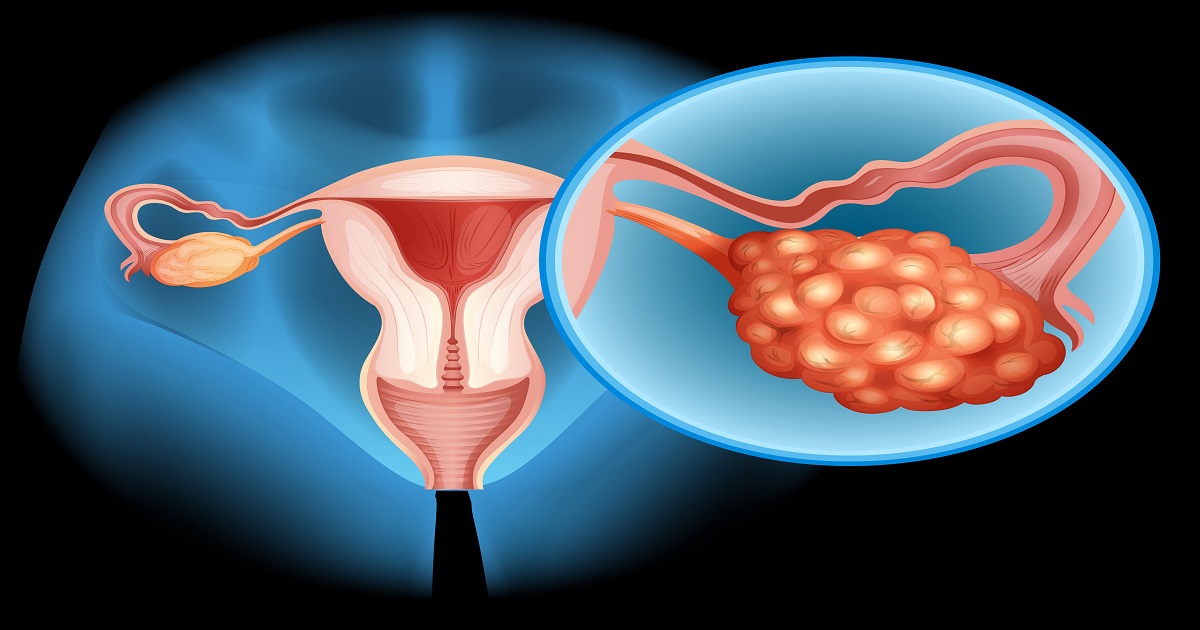
Living with Polycystic Ovary Syndrome (PCOS) can feel like a lifelong journey. Understanding the causes of this condition is crucial for effective management and leading a fulfilling life. This article delves into the intricacies of PCOD, shedding light on its lifelong nature, impacts, management techniques, and more.
Polycystic Ovary Syndrome (PCOD) is a lifestyle disorder which occurs due to imbalance of the harmones. It is characterized by irregular menstruation, excess androgen levels, and polycystic ovaries.PCOS is a multifaceted condition with various symptoms, including irregular periods, excessive hair growth, acne, and weight gain. Understanding these symptoms is crucial for early diagnosis and effective management.
PCOD isn't just a phase; it's a lifelong companion for many women. While symptoms may fluctuate over time, the underlying hormonal imbalances persist, necessitating long-term management strategies.The hormonal imbalances in PCOD, such as insulin resistance and androgen excess, contribute to its chronic nature. Therefore, adopting a proactive approach to managing PCOD is essential for long-term well-being.
The ramifications of PCOD extend beyond physical health, affecting various aspects of daily life. From managing symptoms like fatigue and mood swings to coping with fertility concerns, PCOD can significantly impact emotional and mental well-being.Navigating these challenges requires resilience and support from healthcare providers, family, and peers. By fostering open communication and seeking appropriate resources, individuals with PCOD can enhance their quality of life.
Diagnosing PCOD involves a comprehensive evaluation of symptoms, medical history, and laboratory tests. Since symptoms vary widely among individuals, healthcare providers employ a tailored approach to diagnosis.Blood tests to assess hormone levels, pelvic ultrasound to examine the ovaries, and exclusion of other conditions with similar symptoms are integral parts of the diagnostic process.
PCOD management is not one-size-fits-all; it evolves with age and life stages. From adolescence to menopause, individuals with PCOD require personalized strategies to address changing hormonal dynamics and health needs.Early intervention with lifestyle modifications, such as regular exercise and balanced nutrition, can mitigate symptoms and prevent complications in the long run
Optimal nutrition plays a pivotal role in managing PCOD symptoms and promoting overall well-being. Emphasizing whole foods, fiber-rich fruits and vegetables, and lean proteins can help regulate insulin levels and promote weight management.Lifestyle modifications, including stress management techniques and adequate sleep, complement dietary changes, fostering a holistic approach to PCOD management.
In addition to lifestyle modifications, medications and treatments may be necessary to alleviate specific PCOD symptoms and prevent long-term complications.Birth control pills, anti-androgen medications, and insulin-sensitizing agents are commonly prescribed to correct menstrual cycles,decrease androgen levels, and control insulin sensitivity.
Living with a chronic condition like PCOD can take a toll on mental health. Coping with the physical symptoms, fertility concerns, and societal stigmas associated with PCOD requires resilience and support.Seeking counseling, joining support groups, and practicing self-care are vital for nurturing psychological well-being and fostering a positive outlook on life.
Fertility challenges are a significant concern for women with PCOD. Irregular ovulation, hormonal imbalances, and ovarian cysts can hinder conception and increase the risk of miscarriage. However, with timely interventions, such as ovulation induction medications and assisted reproductive technologies, many women with PCOD can fulfill their dreams of parenthood.
Advancements in PCOD research offer hope for improved diagnostics and treatment modalities in the future. From unraveling genetic predispositions to exploring novel therapeutic targets, ongoing research endeavors aim to enhance the management and outcomes of PCOD.By staying informed about emerging research findings and participating in clinical trials, individuals with PCOD can contribute to the collective knowledge base and potentially benefit from innovative interventions.
Navigating the complexities of PCOD requires a multifaceted approach encompassing physical, emotional, and psychological well-being. Adopting coping strategies tailored to individual needs and preferences can empower individuals to thrive despite the challenges posed by PCOD.From practicing mindfulness and engaging in regular physical activity to fostering meaningful connections and seeking professional support, exploring diverse coping mechanisms is essential for enhancing resilience and reclaiming agency over one's health and life.
Living with PCOD is undoubtedly a challenging journey, but it's also an opportunity for growth, resilience, and empowerment. By understanding the lifelong nature of PCOD, adopting proactive management strategies, and nurturing holistic well-being, individuals can navigate the complexities of this condition with confidence and grace. For Best PCOD Treatment in Miyapur visit Padma Hospital.